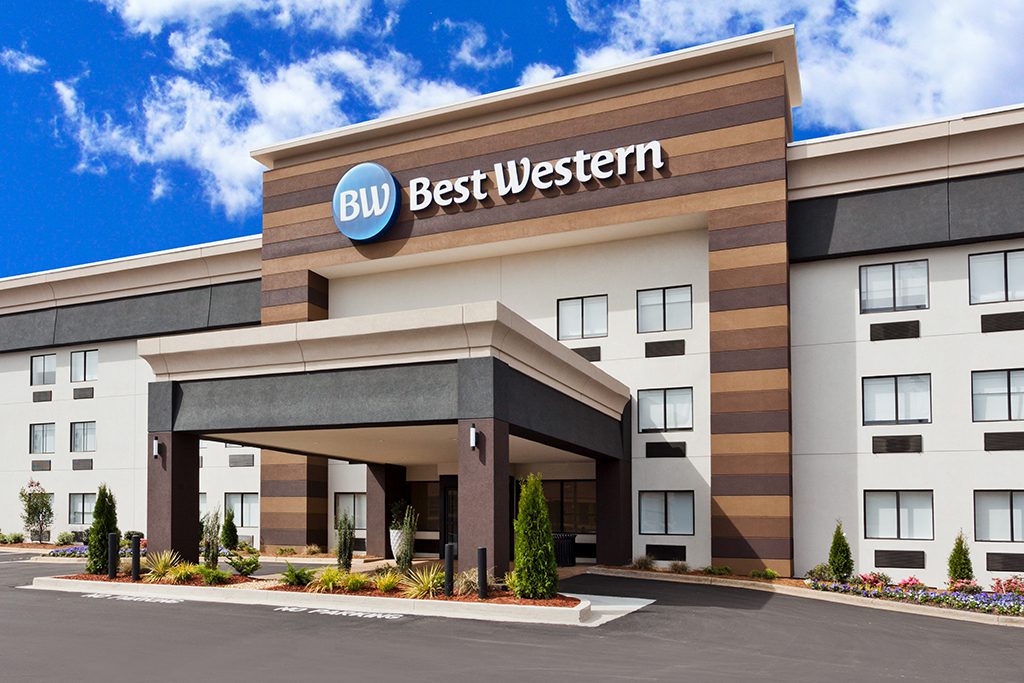Best Western: A Hotels Anomaly Ripe for Change

Skift Take
Best Western's unique longstanding model gives much power to its member hotels. But as changes quickly alter the industry's landscape, can the chain still compete effectively under the old ways?
Best Western Hotels & Resorts last summer asked its North American member-owners to agree to convert the company from a nonprofit to a for-profit enterprise.
The members voted it down.
It was a disappointment for Best Western’s top management, who believed becoming a for-profit company could help it compete with Marriott, Hilton, IHG, and other major hotel companies.
So it goes at Best Western, truly an anomaly in the rapidly changing hotel industry. With one of the longest-serving CEOs in the travel industry, it's easy to see how 74-year-old Best Western could be perceived as archaic, or even a relic from a Mad Men-era of roadside motels. Privately held, the company is complicated to outsiders, and its unique structure is what may very well be holding it back, say some company executives and industry analysts.
Longstanding CEO David Kong saw becoming for-profit as a way for the company to make the types of investments that its rivals are making, which in turn would attract investors and help Best Western grow. Members would have continued to have a stake in the company and maintain their influence, Kong reasoned.
“Scale is very important today,” Kong told Skift. “You look at Marriott and Hilton. Because of their scale, they can afford to make a lot of investments in a lot of areas. When you don’t have scale, you can’t make those investments and you can’t drive the kinds of results they can drive. Over some time, the distance between Hilton and Marriott to Best Western grows bigger and bigger, and it becomes more and more difficult for us to catch up.”
Since acquiring WorldHotels in 2019, BWH Hotel Group, the umbrella organization to Best Western Hotels & Resorts and WorldHotels, has tried its best, growing to 4,700 hotels and 18 brands in more than 100 countries.
That is still not enough to match Marriott with its more than 6,500 hotels and 30 brands and Hilton with its more than 5,700 hotels, though Best Western does rival Hilton with 18 brands. Wyndham Hotels and Resorts has about 9,300 properties over 20 brands.
BWH Hotel Group, and its flagship Best Western, is a distinct company among the major players in the industry. As a nonprofit, all the money it makes goes back into the company, not to shareholders. It does not trade on the stock market. It does not release earnings reports.
A rare glimpse into its financials from government filings related to its for-profit vote revealed that Best Western had
